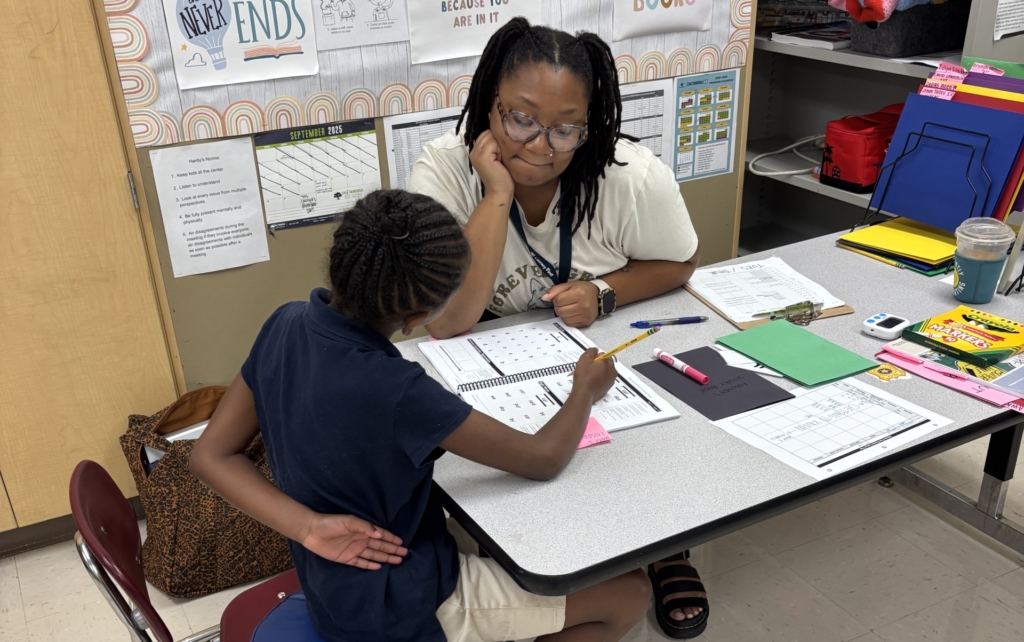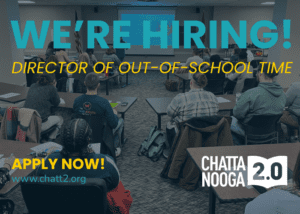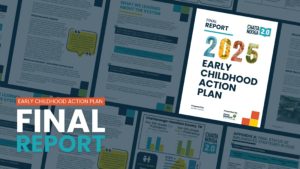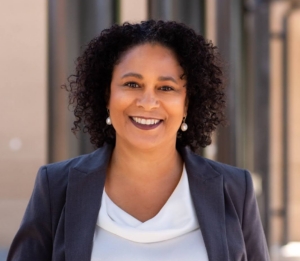Seeing a young child’s eyes light up as they watch a turtle eat a blueberry or hearing giggles and squeals of delight as the flying squirrel glides across the room, fills me with joy! The excitement our littlest visitors radiate is contagious as they make their way through our exhibits or take part in a program specifically designed for toddlers, preschoolers and their parents. Facilitating these experiences is one part of my job that I absolutely love! Young children have always had a very special place in my heart and I feel lucky to have the opportunity to share in their learning and development in my every day job as a member of the Tennessee Aquarium Education Department.
Someone once told me “You can’t teach a 3-year old. They are too little.” I was very surprised! Children – starting at birth and continuing through their toddler and preschool years – are constantly learning, more so than at any other time in their lives. By nature, they are curious and excited about learning new things. Their developing minds are ripe for learning as they explore their world using their senses and their entire beings without a lot of learned fears. They, in my opinion, have a profound ability to take new information, make connections and incorporate new material into their everyday lives. Just think about all they learn in the first few years – how to sit, walk, talk, feed and dress themselves, and so much more.
They don’t just learn the “survival skills”, they soak up academics too – learning colors, numbers, language and the list goes on. Experiences in quality child care settings, experiential learning centers like the Aquarium, a public library or children’s museum at a young age can set children up for success in future learning by encouraging questioning and exploration through play in a safe and nurturing environment. My daughter, at the age of three, came home from “school”, talking about “her hypothesis” that she had made that day. I questioned her further and came to realize that she had a basic understanding of a hypothesis, reinforcing my belief that children can learn and understand “big” words and concepts along with the correct context in which to use them. I should not have been surprised, just think about who knows how to pronounce all those dinosaur names – three and four-year olds are often dinosaur experts! Not only do they know the dinosaur names, but they also what they ate, how they moved and how they defended themselves. Here at the Aquarium, they often tell me facts about the animals during programs that some adults don’t know. Every day I see young children with their excited eagerness to learn!
Unfortunately, life often complicates things and many children do not have the opportunity or the resources to take full advantage of this incredible time of growth and development early in life. There are many other very real struggles for families such as putting food on the table and meeting the basic needs of all family members. It is hard to balance work, bills, health concerns and other daily challenges. Life can become overwhelming and we may not feel we are qualified or have the time to serve as teachers for our children.
With a desire to help provide unique and fun learning opportunities to some of our youngest community members, the Tennessee Aquarium started looking for ways to become engaged with more young children in underserved areas of our city. As part of this initiative, I found my way to a group of like-minded individuals and organizations making up an early-childhood coalition that is now known as Early Matters, an action group of Chattanooga 2.0. This group is working to help ensure that all children, regardless of socioeconomic status, race, ability or any other limiting factors, get the best start possible so that they can go on to be life-long learners with choices and opportunities for their future!
Part of the work this action group has chosen to focus attention is around the Chattanooga Basics, modeled after a program in Boston that resulted from work done with Harvard’s Achievement Gap Initiative. This quickly became a very exciting and critical part of the work, in my mind, as it recognizes that parents and guardians are our children’s first and most important teachers. This movement is all about empowering families and really all members of the community without regard to the part of town in which we live, our education, or our socioeconomic status! It reminds all of us that while – yes all the fancy new technology and toys are amazing, they not necessary to raise children to be successful, talented, qualified members of our local workforce resulting in strong communities and better lives for all of us. What is really important, what gives all of our children the best opportunities can be boiled down to five simple steps that we all can do – the Basics: 1. Manage Stress, Maximize love; 2. Talk, point and sing; 3. Count, group and compare; 4. Explore through movement and play; and 5. Read and discuss stories.
Early Matters, through the Basics, strives to help parents and community members use their everyday lives as the tools to engage with infants, toddlers and preschoolers. We may not all have a turtle to feed blueberries, however we all have the ability to practice the Basics and support parents. We all love our children and want the best for them. Managing stress, benefits us and opens ourselves to the ability to provide quality time with the little ones who are constantly watching us and learning from us. Choosing a different perspective, our daily challenges become fun learning opportunities! For example, waiting in line to check out at the grocery store can be stressful with an active toddler unless we can channel that energy and teach counting by asking them to see how many times they can hop on one foot in a single square of the floor. As we point out the things we see as we walk down the street or through the aisles of the grocery store, the plants, cars, buildings or even playground mulch we encounter become the building blocks we use to help our children develop language, science, math and social skills. Recognizing the value of active play through movement, looking at a book (even if we can’t read the words ourselves), discussing what we see on the pages, having a conversation about each person’s day, encouraging children to notice things around them, asking and answering questions – all leads to active engagement with young children which strengthens the pathways in their developing brains and preparing them for future successes in learning!
This is a good time to be a little one in Chattanooga. The entire community, in part due to the work of Chattanooga 2.0 and Early Matters, is recognizing the importance of investing in our children from the day they are born, helping parents truly serve as their child’s first teacher, and involving the whole community in providing opportunities for all children. Using the world around us and the natural tendencies of infants, toddlers and preschoolers, we can encourage brain development, build self-confidence and self-value, setting children on the path for greater success in future learning and preparation to become successful contributing members of our workforce as well as strengthening our communities! These are our future leaders, so let’s get back to the Basics and give them the best start possible!
—
Susie Grant is the Guest Engagement Manager at the TN Aquarium here in Chattanooga where the feature weekly early childhood programs. Chattanooga 2.0 is thankful for the support and participation of the TN Aquarium on Chattanooga 2.0’s Early Matters action team.
Support Model Early Learning Programs is one of the recommendations under Chattanooga 2.0’s Urgent Strategy #2 Create an Early Learning Network.





